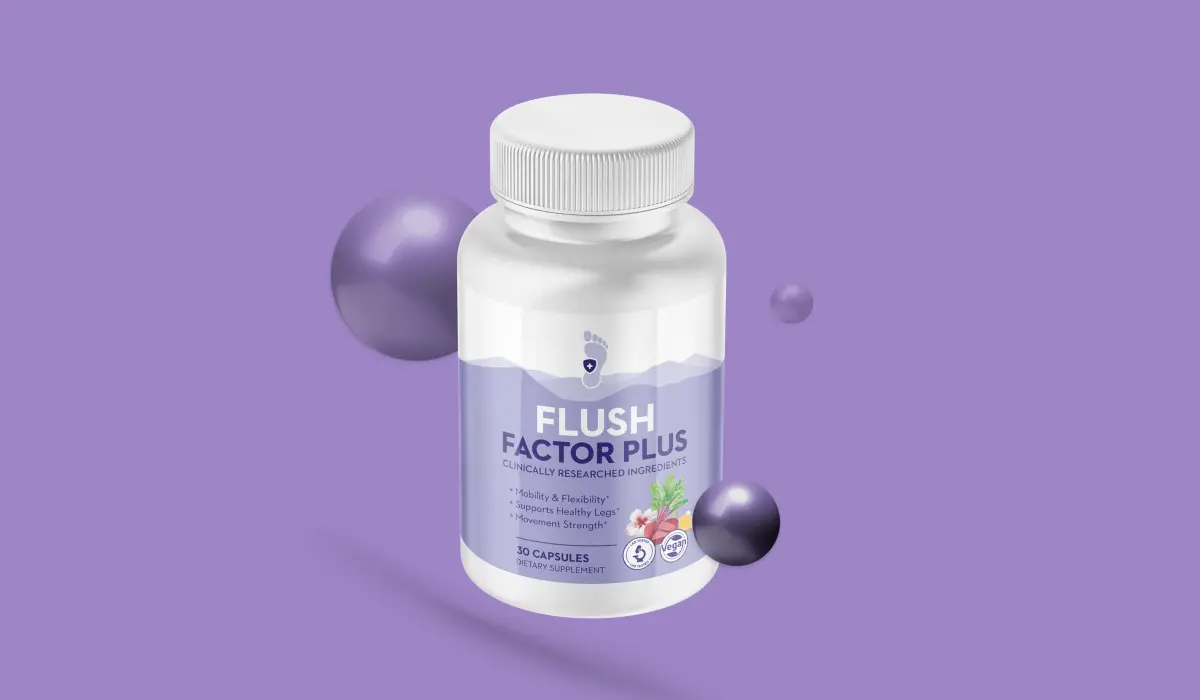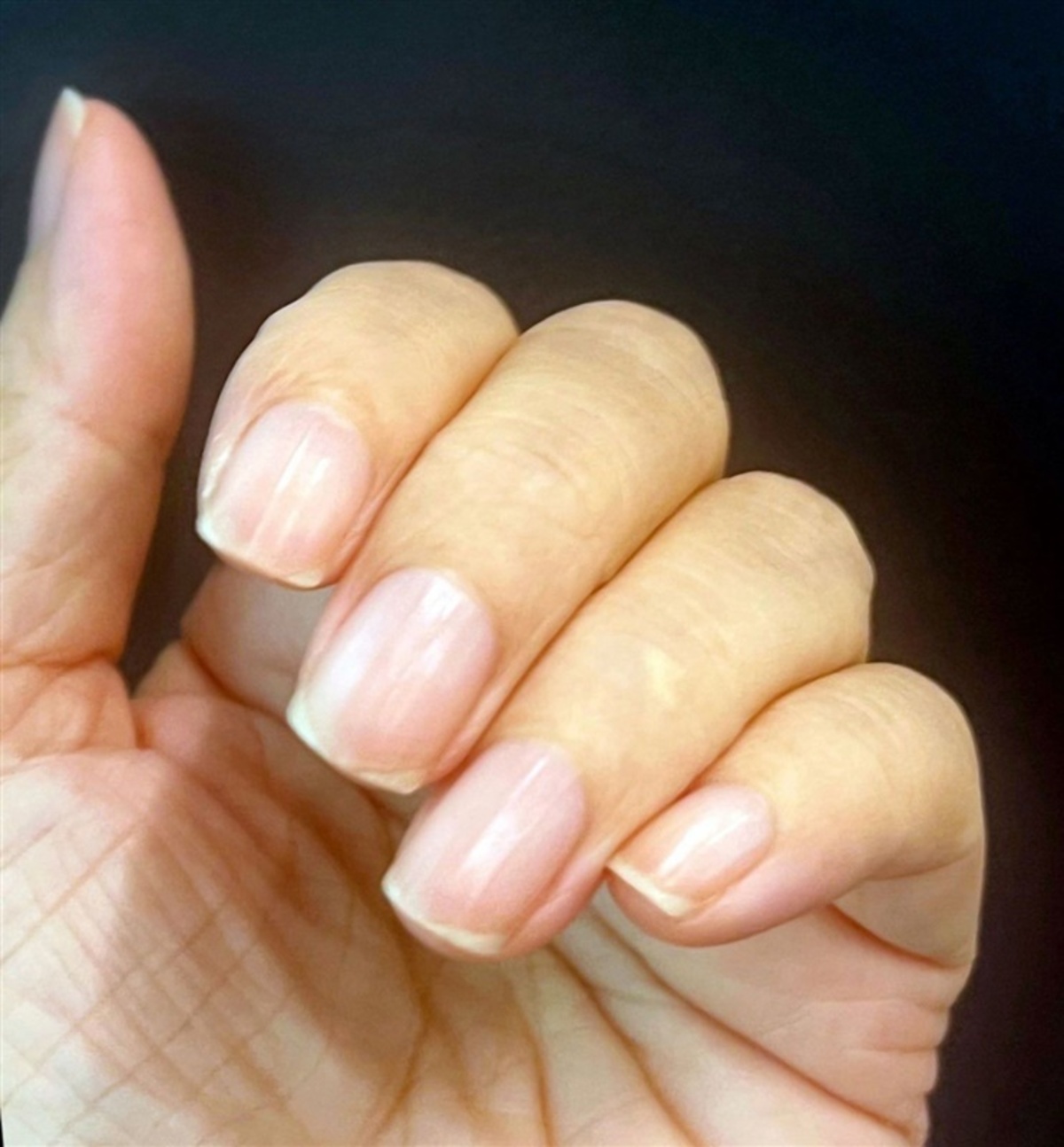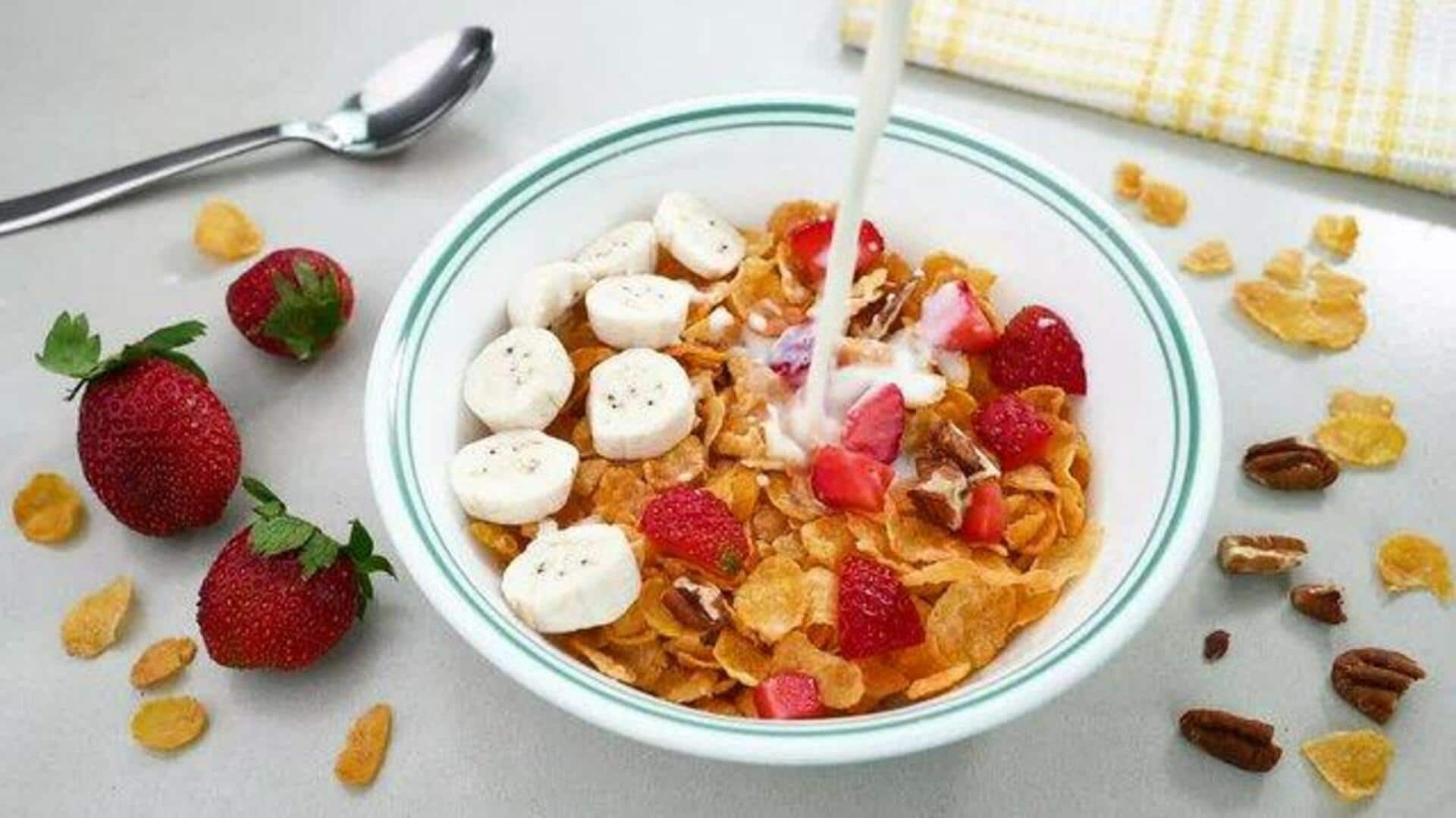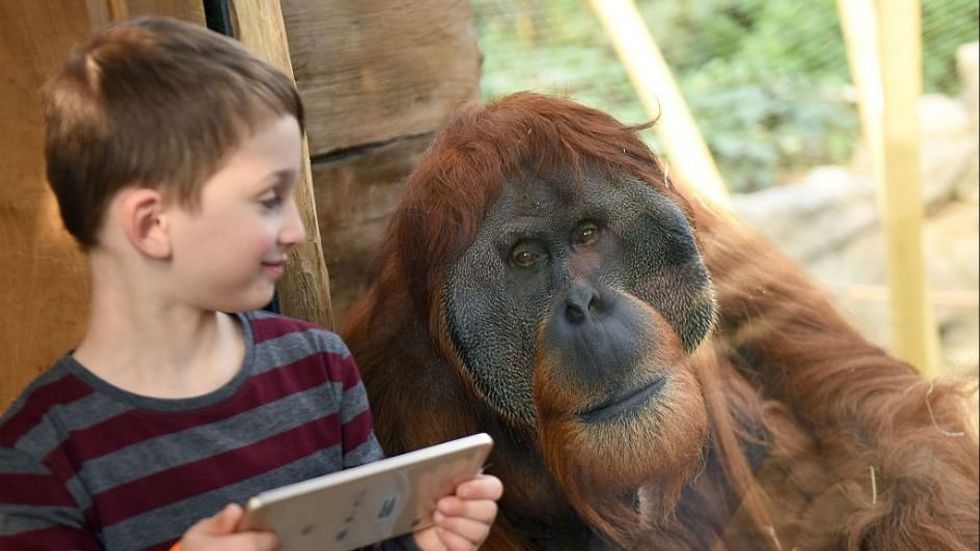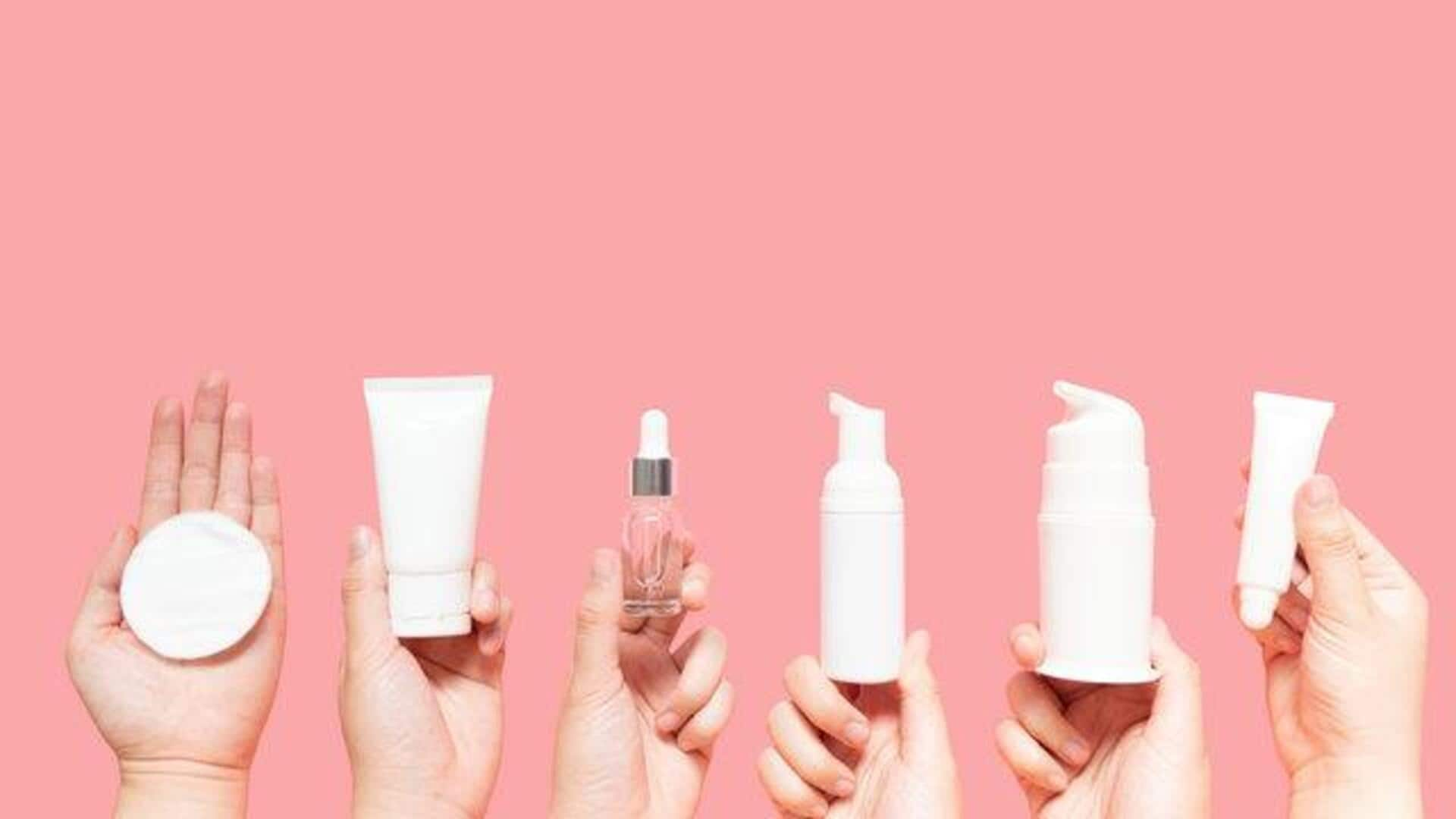A few weeks ago, I enjoined all of you men to do what the right-wing bodybuilders and broscientists of X do and sun your scrota, treating the testicles within to certain health-giving frequencies of light. As silly as that might sound, red-light therapy is a pretty hot trend, and exposing your genitalia to it probably has testosterone-boosting effects. This week, Im going to be counseling you avoid light and not just for your nether regions. A study from last year found a ‘significant relationship between outdoor light pollution and Alzheimers disease prevalence.’The fact is that were exposed to too much light, of the wrong kind and at the wrong times, and its seriously screwing with our bodies and minds. ApemanMy attitude to health, in a nutshell, would be this: Try to live, as much as you can, in the manner of your ancestors. Why? Well, because we’re the same as them, more or less. We Homo sapiens haven’t changed much from our days as hunter-gatherers 200, 000 years ago. Were still running more or less the same firmware, with a few important updates here and there. What is different, however, is the environment you inhabit. It really kicked off about 10, 000-12, 000 years ago, with the Agricultural Revolution in the Near East. Now there were these things called farms and cities, and there was commerce and administration and taxes, armies and wars. Once agriculture started to spread, the pace of change really started to pick up. Fast-forward to about 200 years ago and the dawn of the Industrial Revolution, and it starts to get really crazy. All of a sudden youve got people living in communities of millions and a mind-boggling complexity. Youve got people working in factories, eating food made in factories, wearing synthetic clothing made in factories, illuminating their homes and communities with electric light 24/7, bombarding their bodies with electromagnetic radiation 24/7, dosing themselves with ever-increasing numbers of medications, inhaling and swallowing billions of tiny pieces of plastic invisible to the naked eye. The modern ageIm not going to list all the changes here. The truth is that our bodies simply cant cope not fully with the vast transformation our way of life has undergone in recent centuries and especially in the last hundred years. Keep in mind that this “modern” way of life is but a blip in human time. Our genes havent caught up yet, and maybe they never will. So it pays to treat your body, as much as you can, in the manner of your ancestors to eat like them, move like them, and do the things they did. Of course, you can go too far in your pursuit of an ancestral lifestyle just look at the sad, sad story of the Liver King, a true cautionary tale for the primal community. And Im not saying the modern world doesnt have its beguiling or useful aspects. I rather like the fact that Im here, in my centrally heated living room, writing this article on my swish little iPad with its touch screen and magnetic keyboard. Thats pretty cool and useful. Then again, I suppose I could get used to writing in the manner of, say, Cicero: reclining on a couch in a toga, dictating to a slave while another one feeds me grapes. Who loves the sunThe changes that have taken place in terms of light in the last century or so to how we use and relate to light, natural and artificial have been no less drastic than the changes to any other aspect of our lives, including the way we eat. For the vast majority of human history, we organized our lives consciously and unconsciously around the natural diurnal rhythms of the planet. We woke up with the sun, and we went to bed when it became dark. There were seasonal changes, but they repeated, year after year. The invention of artificial light fire, candles didnt really affect any of that much. It was only with electric light that it become possible to defy the natural rhythms of night and day and the seasons and become what we are today: beings in possession of perpetual suns we can use to illuminate ourselves and our surroundings as much as we want, whenever we want. Night movesBanishing the darkness has had dramatic effects on our health. Light governs the bodys circadian rhythms, also known as the body clock, which play a key role in regulating the secretion of hormones and processes of growth and recovery. The main frequencies of light emitted by screens and LED lighting are blue, and these seem to have particularly bad effects on our bodies. Some scientists have suggested that blue light should be considered an endocrine disruptor something as prone to mess with our hormones as nasty plasticizing chemicals, herbicides and pesticides, and many of the additives we find in ultra-processed food. A study in the journal Environmental Research associates blue-light exposure with increased rates of breast cancer among women who do night work and sleep disorders among teenagers. This is a pretty worrying finding, especially since we know the age of puberty in the developed world has been decreasing for decades and children are being exposed to ever-greater quantities of blue light from the screens and electronic devices they play with all day long. Large-scale studies clearly suggest exposure to artificial light could be having population-level effects. Research has linked nighttime light exposure to cognitive decline, for example. A study from last year compared rates of Alzheimers to satellite data for nighttime light levels across the U. S. The scientists found a significant relationship between outdoor light pollution and Alzheimers disease prevalence. States and counties with higher levels of artificial light at night consistently had higher rates of Alzheimers disease. Most worryingly of all, the association was strongest in the under-65s, a demographic that typically doesnt suffer from this terrible disease. So what can you do? Doctor my eyesIn general terms, you should try to reduce your exposure to artificial light and do things that mimic the natural rise and fall of light levels. Go out and get sunlight early in the morning, or expose yourself to bright light with a SAD lamp. As afternoon draws into evening, begin to reduce levels of light in your home or workspace. Tell your body its getting closer to sleepy time. Turn off the main lights, turn on lamps, close the curtains you could even light a few candles. I light my kitchen in the evening with candles, and it creates a wonderfully relaxing atmosphere. Begin to wind down your use of electronic devices that emit blue light. If you have to spend your day or large portions of it staring at a screen, you can buy a pair of blue-light-blocking glasses. Ra Optics makes some very fetching blue-light blockers that dont look at all silly. In fact, theyre basically indistinguishable from normal glasses or sunglasses. You could also buy one of Daylights very swanky tablets that has a blue-light-free backlight. Alternatively, you can play with your devices brightness settings or download a blue-light app like f. lux or Twilight. Theres also a built-in feature on Windows called Night Light that allows you to reduce levels of blue light in the evenings. You can even toggle it to come on automatically at set times. Of course, you could just turn the bloody thing off. Imagine that. Our ancestors, fortunate creatures that they were, didnt have to.
